Neuroprotective prospectives of triterpenoids
Neurological disorders including neurodegenerative disorders continue to pose significant therapeutic challenges. Triterpenoids, a diverse group of natural compounds found abundantly in plants, poss
[...] Read more.
Neurological disorders including neurodegenerative disorders continue to pose significant therapeutic challenges. Triterpenoids, a diverse group of natural compounds found abundantly in plants, possess promising neuroprotective properties. This review aims to explore the potential of triterpenoids in mitigating neurodegeneration through various mechanisms, including antioxidant, anti-inflammatory, and anti-apoptotic activities. The neuroprotective potential of some notable triterpenoids, such as asiatic acid, asiaticoside, madecassoside, bacoside A, bacopaside I, ganoderic acids, and lucidenic acids are discussed in terms of their ability to modulate key pathways implicated in neurological disorders. Additionally, the potential therapeutic applications of triterpenoids in Alzheimer’s disease, Parkinson’s disease, cerebral ischemia, spinal cord injury, and epilepsy are examined. Furthermore, the review also underlines the challenges for the development of triterpenoids as neuroprotective agents, including the need for further preclinical and clinical studies to elucidate their efficacy and safety for translation into clinical practice.
Apoorva A. Bankar ... Nazma N. Inamdar
View:1171
Download:24
Times Cited: 0
Neurological disorders including neurodegenerative disorders continue to pose significant therapeutic challenges. Triterpenoids, a diverse group of natural compounds found abundantly in plants, possess promising neuroprotective properties. This review aims to explore the potential of triterpenoids in mitigating neurodegeneration through various mechanisms, including antioxidant, anti-inflammatory, and anti-apoptotic activities. The neuroprotective potential of some notable triterpenoids, such as asiatic acid, asiaticoside, madecassoside, bacoside A, bacopaside I, ganoderic acids, and lucidenic acids are discussed in terms of their ability to modulate key pathways implicated in neurological disorders. Additionally, the potential therapeutic applications of triterpenoids in Alzheimer’s disease, Parkinson’s disease, cerebral ischemia, spinal cord injury, and epilepsy are examined. Furthermore, the review also underlines the challenges for the development of triterpenoids as neuroprotective agents, including the need for further preclinical and clinical studies to elucidate their efficacy and safety for translation into clinical practice.
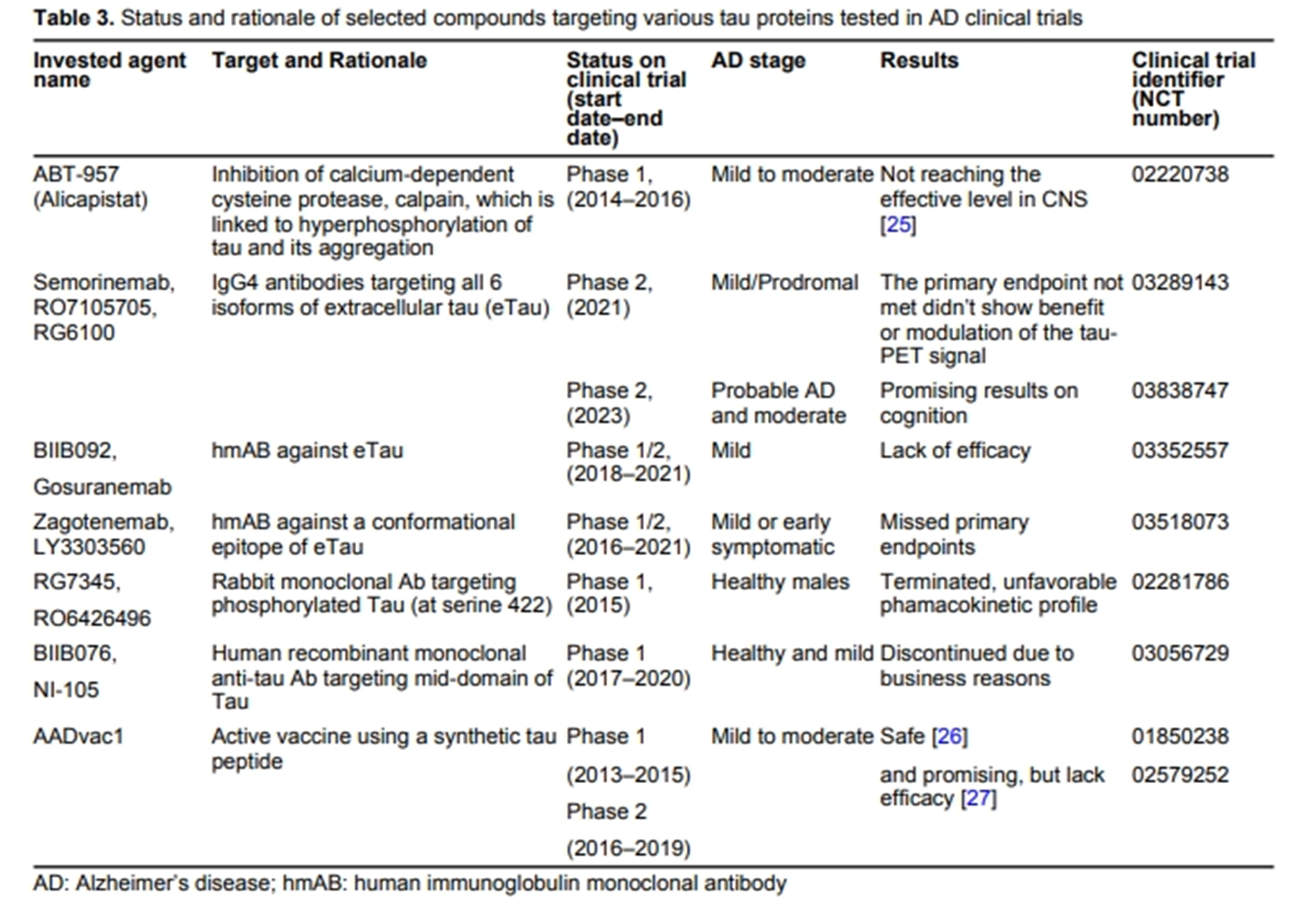 Current therapeutics for Alzheimer’s disease and clinical trialsOpen AccessReviewAlzheimer’s disease (AD) is a major type of dementia and neurodegenerative disease, characterized by memory loss and cognitive decline. Over decades, significant efforts have been dedicated to fin [...] Read more.Danqing Xiao, Chen ZhangPublished: June 27, 2024 Explor Neurosci. 2024;3:255–271
Current therapeutics for Alzheimer’s disease and clinical trialsOpen AccessReviewAlzheimer’s disease (AD) is a major type of dementia and neurodegenerative disease, characterized by memory loss and cognitive decline. Over decades, significant efforts have been dedicated to fin [...] Read more.Danqing Xiao, Chen ZhangPublished: June 27, 2024 Explor Neurosci. 2024;3:255–271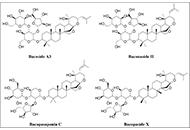 Neuroprotective prospectives of triterpenoidsOpen AccessReviewNeurological disorders including neurodegenerative disorders continue to pose significant therapeutic challenges. Triterpenoids, a diverse group of natural compounds found abundantly in plants, poss [...] Read more.Apoorva A. Bankar ... Nazma N. InamdarPublished: June 26, 2024 Explor Neurosci. 2024;3:231–254
Neuroprotective prospectives of triterpenoidsOpen AccessReviewNeurological disorders including neurodegenerative disorders continue to pose significant therapeutic challenges. Triterpenoids, a diverse group of natural compounds found abundantly in plants, poss [...] Read more.Apoorva A. Bankar ... Nazma N. InamdarPublished: June 26, 2024 Explor Neurosci. 2024;3:231–254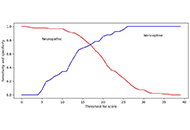 Validation and cultural adaption of the neuropathic pain screening questionnaire painDETECT in ChineseOpen AccessOriginal ArticleAim: The aim of this study was to validate a Chinese version of the painDETECT questionnaire (PD-Q) for the screening and assessment of neuropathic pain (NeP) in a Hong Kong Chinese population. [...] Read more.Howan Leung ... Rainer FreynhagenPublished: June 14, 2024 Explor Neurosci. 2024;3:219–230
Validation and cultural adaption of the neuropathic pain screening questionnaire painDETECT in ChineseOpen AccessOriginal ArticleAim: The aim of this study was to validate a Chinese version of the painDETECT questionnaire (PD-Q) for the screening and assessment of neuropathic pain (NeP) in a Hong Kong Chinese population. [...] Read more.Howan Leung ... Rainer FreynhagenPublished: June 14, 2024 Explor Neurosci. 2024;3:219–230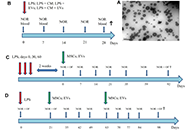 Extracellular vesicles derived from mesenchymal stem cells ameliorate cognitive impairment caused by neuroinflammation in young but not aged miceOpen AccessOriginal ArticleAim: The aim of this work was to study the effects of extracellular vesicles (EVs) derived from mesenchymal stem cells (MSCs) on inflammation-impaired cognitive functions and the brain of mice. [...] Read more.Olena Lykhmus ... Vitalii KordiumPublished: June 12, 2024 Explor Neurosci. 2024;3:207–218
Extracellular vesicles derived from mesenchymal stem cells ameliorate cognitive impairment caused by neuroinflammation in young but not aged miceOpen AccessOriginal ArticleAim: The aim of this work was to study the effects of extracellular vesicles (EVs) derived from mesenchymal stem cells (MSCs) on inflammation-impaired cognitive functions and the brain of mice. [...] Read more.Olena Lykhmus ... Vitalii KordiumPublished: June 12, 2024 Explor Neurosci. 2024;3:207–218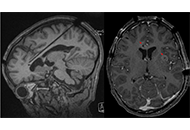 Using magnetic resonance-guided laser interstitial thermal therapy corpus callosotomy to lateralize a seizure focus for staged surgical approachOpen AccessCase ReportNew onset refractory status epilepticus (NORSE) is an etiologically heterogeneous condition that is associated with high morbidity and mortality. NORSE is often refractory to medical management prom [...] Read more.Kabir Sheikh ... Jeffrey RaskinPublished: May 31, 2024 Explor Neurosci. 2024;3:198–206
Using magnetic resonance-guided laser interstitial thermal therapy corpus callosotomy to lateralize a seizure focus for staged surgical approachOpen AccessCase ReportNew onset refractory status epilepticus (NORSE) is an etiologically heterogeneous condition that is associated with high morbidity and mortality. NORSE is often refractory to medical management prom [...] Read more.Kabir Sheikh ... Jeffrey RaskinPublished: May 31, 2024 Explor Neurosci. 2024;3:198–206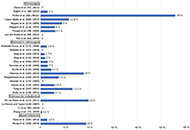 Current advances in epilepsy among patients with arteriovenous malformationsOpen AccessReviewEpileptic seizures are prevalent in people with brain vascular abnormalities like arteriovenous malformations (AVMs) and cavernous malformations, greatly affecting their quality of life. The connect [...] Read more.Joham Choque-Velasquez ... Alder Fernando Valenzuela-RangelPublished: May 13, 2024 Explor Neurosci. 2024;3:175–197
Current advances in epilepsy among patients with arteriovenous malformationsOpen AccessReviewEpileptic seizures are prevalent in people with brain vascular abnormalities like arteriovenous malformations (AVMs) and cavernous malformations, greatly affecting their quality of life. The connect [...] Read more.Joham Choque-Velasquez ... Alder Fernando Valenzuela-RangelPublished: May 13, 2024 Explor Neurosci. 2024;3:175–197